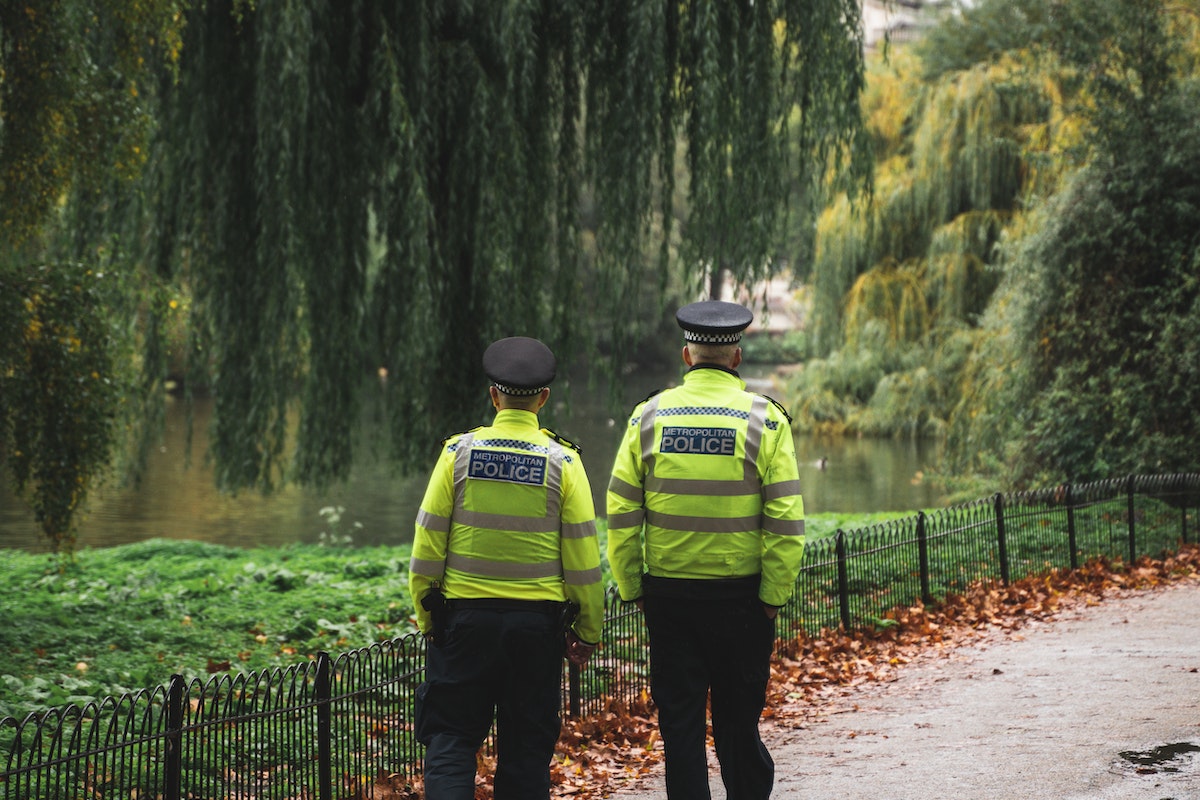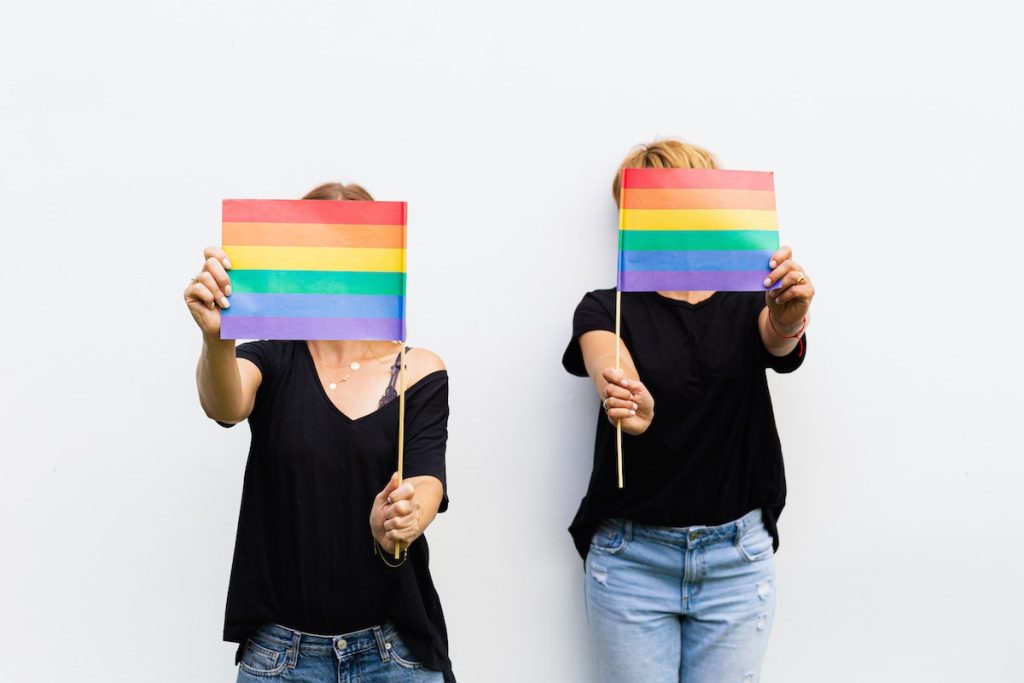As the world becomes more accepting of different lifestyles, governments and other organizations must do their part in creating an infrastructure that is inclusive of everyone. The LGBT community has long been discriminated against and marginalized, but there are ways that those in positions of power can help to create a society that is more inclusive and safe for LGBT individuals.
Create or increase funding for LGBT support groups
There are several ways in which the government and other organizations can help the LGBT community. One of the most important things that can be done is to create or increase funding for LGBT support groups.
These groups provide a safe and supportive environment for LGBT individuals to share their experiences and connect with others who are going through similar challenges. Additionally, support groups can offer information and resources that can help members of the LGBT community to better understand their rights and how to access services.
Include sexual orientation and gender identity in anti-discrimination legislation
You may not realize it, but the government and other organizations can play a big role in ensuring equality for the LGBT community. One of the ways they can do this is by including sexual orientation and gender identity in anti-discrimination legislation. This would provide protection against discrimination in housing, employment, education, and other areas of life.
Additionally, it would send a strong message that everyone is welcome and deserving of equal treatment. The government and other organizations can also help the LGBT community by providing resources and support. This could include funding for HIV/AIDS prevention and awareness programs and financial assistance for transgender people who need to transition.
Educate law enforcement officers on proper protocols regarding interacting with transgender individuals

As the transgender community grows and gains visibility, law enforcement officers must be properly trained to interact with transgender individuals. Unfortunately, due to a lack of understanding and awareness, transgender people often face discrimination and mistreatment by police officers. This can lead to mistrust and isolation from the people who are supposed to protect and serve them.
One way to help bridge this gap is for the government and other organizations to provide educational resources for law enforcement officers on proper protocol for interacting with transgender people. This can include information on pronoun usage, names, and preferred pronouns. Additionally, officers should be made aware of the unique challenges that transgender people face, such as a higher risk of violence and harassment. With this knowledge, officers can be better equipped to create a safe and welcoming environment for all community members.
Implement policies that are inclusive of transgender employees in workplaces
Workplaces can be difficult environments for anyone to navigate, let alone members of the LGBT community. In many cases, transgender employees are not protected by nondiscrimination policies, which can lead to unfair treatment and a hostile work environment.
Additionally, transgender employees may not have access to the same facilities and benefits as their cisgender counterparts. For example, they may be denied access to restrooms and locker rooms that align with their gender identity. As a result, transgender employees often face discrimination and mistreatment in the workplace. The government and other organizations can help the LGBT community by implementing policies inclusive of transgender employees. These policies would help to ensure that transgender employees are treated fairly and have access to the same facilities and benefits as other employees.
In addition, such policies would send a strong message of support for the LGBT community. As more and more companies adopt these policies, workplaces will become more inclusive environments for all community members.
Make legal help more accessible for members of the LGBT community
Most LGBT members will eventually face the same relationship and family issues as heterosexual individuals, such as getting married, having children, and getting divorced. Unfortunately, LGBT members often have difficulty finding legal help that is understanding and knowledgeable about their unique issues. For example, an LGBT couple that gets married in a state that does not recognize same-sex marriage may have trouble getting divorced in that state if the law changes.
The government and other organizations can help the LGBT community by making legal help more accessible for community members. This could be done in many ways. For example, organizations can partner with a law firm specializing in LGBT divorce. This would allow community members to easily access an LGBT divorce attorney knowledgeable about the unique issues they may face. An LGBT divorce attorney could help navigate the divorce process and ensure that all laws are followed, regardless of how a state may legally define marriage.
Additionally, organizations can work with local law schools to create training programs that prepare law students for working with LGBT clients. By improving access to legal help for members of the LGBT community, we can ensure that everyone has the resources they need to tackle the unique challenges they may face.
As the fight for equality continues, it will be important to keep looking for ways to support and protect members of the LGBT community. By working with governments and other organizations, you can help create a more inclusive society that supports all people.



